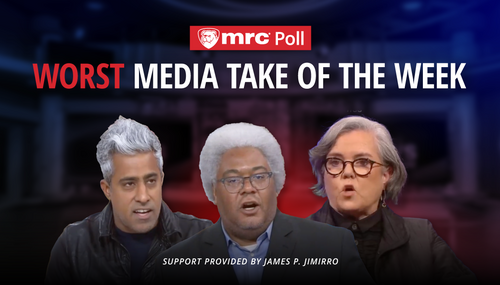The Tampa Bay Times’s fact-checker site PolitiFact is helping the Obama administration peddle a false claim about the Supreme Court’s decision in Ledbetter v. Goodyear Tire & Rubber Co., which said that employees who wish to bring a pay discrimination lawsuit under federal law generally have to do so within 180 days. The Court, however, specifically left open the possibility that such persons could sue later on if they did not discover the discrimination until later.’
In yesterday’s debate, Obama falsely claimed the Supreme Court said Ledbetter could not sue even if she had no way of discovering the discriminatory pay disparity. He said “the Supreme Court said that she couldn’t bring suit because she should have found about it earlier, whereas she had no way of finding out about it. Unfortunately, PolitiFact parroted this false claim (which was also made by Lilly Ledbetter at the Democratic National Convention), in an October 16 post-debate analysis article entitled “Obama: Mitt Romney refused to say whether he supports Lilly Ledbetter Act.” PolitiFact noted (emphasis mine):
In 2007, the Supreme Court had ruled in Ledbetter vs. Goodyear Tire & Rubber Co. that the 180-day statute of limitations started from the day an employer made the decision to discriminate — making it impossible for employees who learned of such discrimination later to get relief, such as back pay.
This is just wrong, and all PolitiFact had to do to debunk this claim was read the Supreme Court’s decision. Since the Court ruling in Ledbetter was listed as a source for the October 16 article, perhaps the fact checkers just aren’t reading their sources closely enough.
The Supreme Court specifically left open the possibility that employees who learn of discrimination later – such as Ledbetter -- can sue under the “discovery rule” exception to the 180-day deadline, in footnote 10 of its opinion:
[W]e have previously declined to address whether Title VII suits are amenable to a discovery rule. . . .Because Ledbetter does not argue that such a rule would change the outcome in her case, we have no occasion to address this issue.
Thus, since Ledbetter didn’t even claim in her lawsuit that she hadn’t discovered the pay discrimination in time to sue, relaxing the deadline for her would have done her no good. (In addition, if she really had lacked knowledge of the pay disparity as a result of being deceived by her employer, she could have had the deadline extended under the Supreme Court’s doctrines of equitable tolling and estoppel, which are longstanding exceptions to the deadline that are slightly narrower that the discovery rule).
In reality, Ledbetter knew of the pay disparity she later claimed was discriminatory for over five years before filing a legal complaint, as she herself admitted on page 123 of her deposition in her lawsuit. Later, Ledbetter, a Democratic activist, falsely claimed to the contrary in a speech to the Democratic National Convention. I discuss Ledbetter’s false claims, and other myths about her case, at this link.




